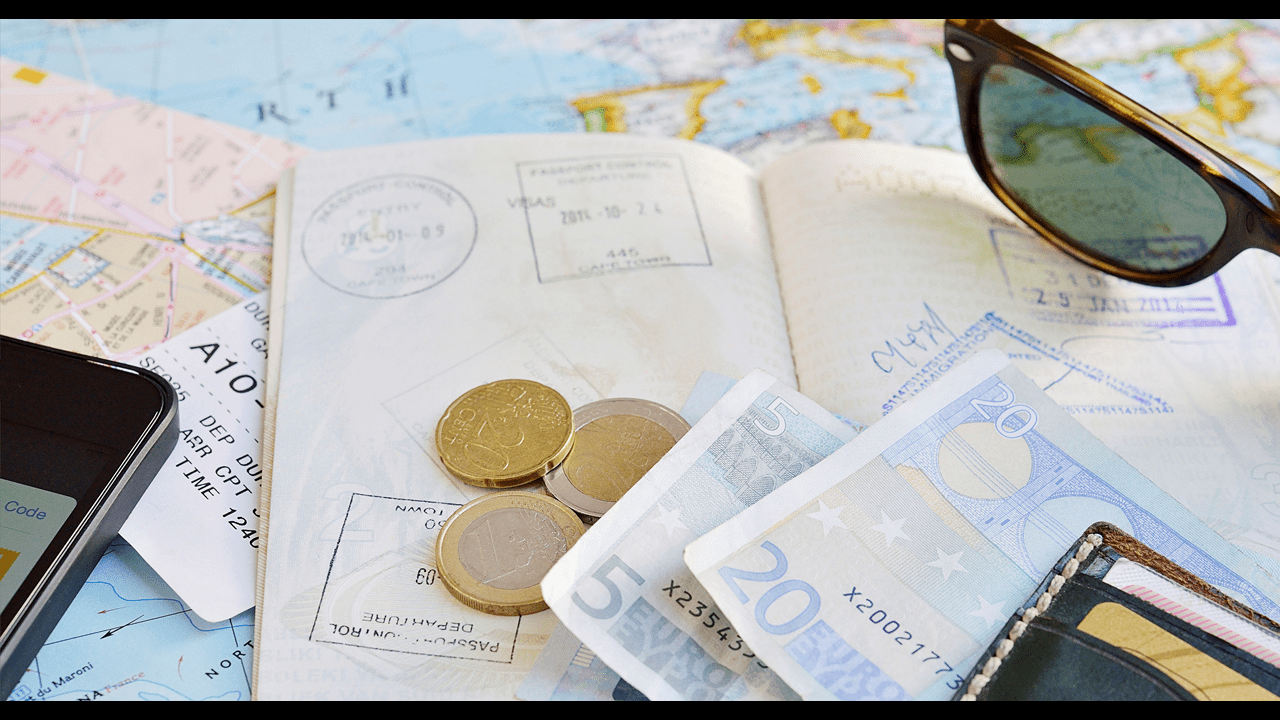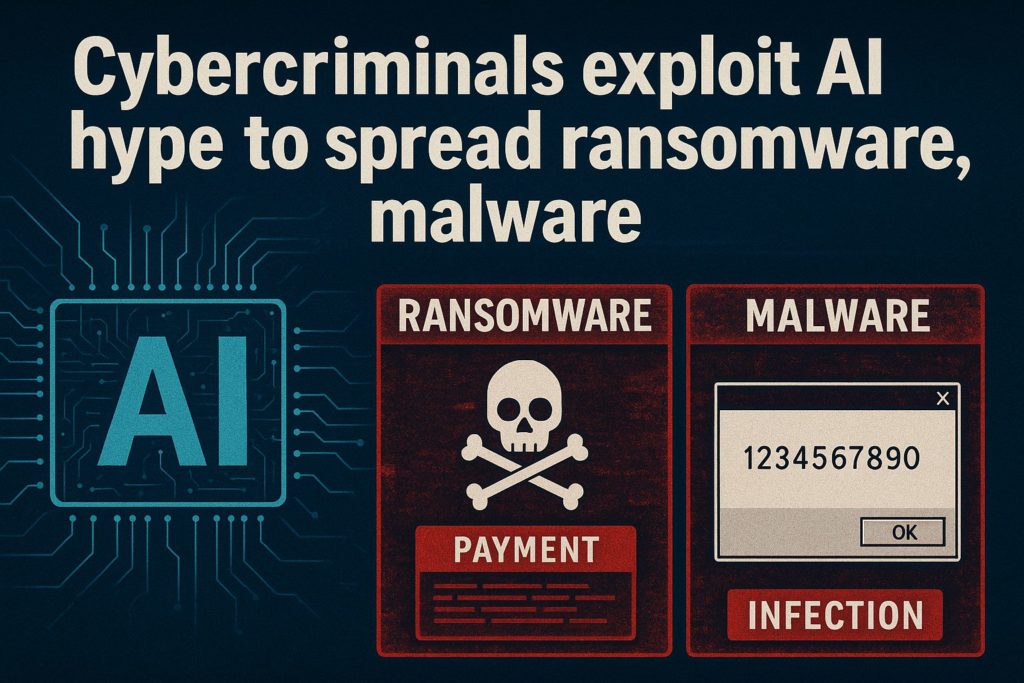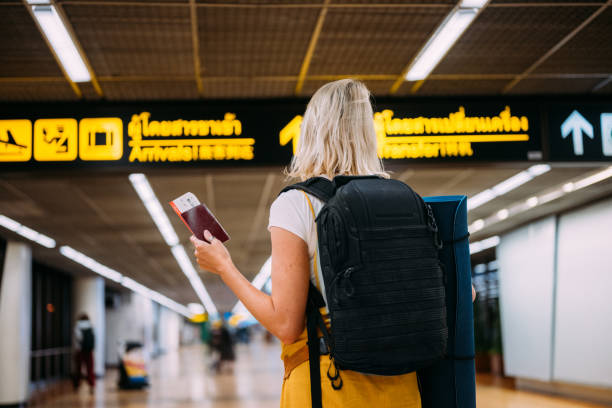The epidemic of coronavirus disease 2019 (“COVID-19”) has been severed and protracted from 2020 until today. As a result, the Thai government has implemented strict epidemic prevention and lockdown measures to prevent the spread. Consequently, gross domestic product (“GDP”) and domestic investment are greatly reduced. Intending to inject foreign money into an economy and to forestall the economic consequences of the COVID-19, the Cabinet approved an economic stimulus and investment promotion package to attracted wealthy foreigners and highly skilled professionals from overseas on 14 September 2021, proposing by the Office of the National Economic and Social Development Council (“NESDC)”. This package encourages foreigners to invest in Thai government bonds, foreign direct investment (“FDI”), and real estate. In this regard, an economic stimulus and investment promotion package consists of two main measures for drawing audiences, including the Long-term Resident (“LTR”) visa package and the amendment to the related laws or regulations
- LTR VISA Package
The Cabinet approved the measures related to the issuance of LTR visas to accommodate 4 categories of high-potential foreigners are as follows:
| Target Groups | Application Requirements |
| 1) Affluent Global Citizens | Have a minimum investment of $500,000 in Thai government bonds, FDI, or real estate;Have a minimum salary or pension of $80,000 per year for the past 2 years; and,Have a minimum of $1 million in assets. |
| 2) Foreign Retirees | (1) Have a minimum investment of $250,000 in Thai government bonds, FDI, or real estate and have a minimum pension of $40,000 per year; or,(2) Have a minimum pension of $80,000. |
| 3) Work-from-home professionals (Thailand Based) | (1) Have personal income such as salary or investment income of $80,000 for the past 2 years; or,(2) Have personal income such as salary or investment income of $40,000 per year for the past 2 years and have the following qualifications:graduated with a master’s degree or higher;possessing intellectual property;receiving scholarships from Series A, which is a venture capital fund or start-up; and,has more than 5 years of work experience. |
| 4) High-skilled Individuals | (1) Have personal income such as salary or investment income of $80,000 per year for the past 2 years; or,(2) Have personal income such as salary or investment income of $ 40,000 per year for the past 2 years and have the following qualifications:graduated with a master’s degree or higher; and,have at least 5 years of working experience in the target industries including next-generation automotive, intelligent electronics, advanced agriculture and biotechnology, food processing and tourism, digital, robotics and automation, aviation and logistics, biofuels and biochemicals, and medical hub. |
The privileges under the LTR Package includes as follows:
- 10-years LTR visa, a new type of VISA exclusively granted to for the approved applicants, their spouses, and children.
- Exempted from the 90-day immigration reporting.
- Automatic work permit upon the approval of the LTR visa.
- Subjected to the same personal income tax on income which arises in Thailand at the same progressive tax rate as Thai nationality.
- Exempted from taxes on income from abroad.
- The right to choose a fixed income tax rate of 17% within the package for foreign experts involved in the development of the government’s flagship scheme of the Eastern Economic Corridor (“EEC”); and,
- Long-term ownership or rental rights of condominiums or houses in the selected residential area.
The Amendment to related Laws and Regulations
To stimulate the economy of the country even further, the Cabinet has also assigned the NESDC to collaborate with the key authorities, including the Board of Investment, the Ministry of Interior, the Ministry of Labor, the Royal Thai Police, and the Ministry of Finance to study and research on the related matters for amending relevant laws and regulations to support this measure as follows:
- Laws related to immovable ownership, allowing the LTR visa holders to acquire condominiums or houses in the selected residential area.
- Permission for the LTR visa holders to work for both domestic-based and foreign-based employers to attract digital nomads and work-from-home professionals.
- Exemption on the Order of Immigration Bureau No. 110/2546, the regulation under which prescribing a fixed ratio of 4 Thai employees for every 1 foreign national employee hired.
- Taxation law on tax incentives on personal income tax for the LTR holders.
- Customs law such as lower the duty on the import of alcoholic beverages and cigars by 50% and amending customs procedures related to the importation and exportation of personal belonging of the foreigners based on the quantity or condition of the imported or exported goods instead of considering the value of things.
Concluding Remarks
Currently, the economic stimulus and investment promotion package are still under the consideration process. Thus, the NESDC and the relevant authorities have been jointly assigned to propose the plan to the Cabinet within 90 days after the Cabinet has approved the principle.
Nevertheless, the implementation period of the measures would be five fiscal years (2022-2026), and tax privileges and non-tax privileges related to land ownership shall be expired five years after the effective date. However, the measure will be re-evaluated every 5 years, and the government may consider extending the implementation period as appropriate if the measures are beneficial to the country.
In which case, having highly skilled professionals from over the world to work or live in Thailand will help enhance the expertise of workers in Thailand by attracting foreign professionals to replace the loss of foreign tourists and alleviate the impact of declining tourism revenues. In addition, the package also incentivizes high-skilled professionals in future technologies and high-impact industries which following Thailand 4.0 and the National Agenda. Thus, the new measures should increase the expatriate population in Thailand by more than 1 million and bring a THB 1 trillion boost to the Thai economy.







